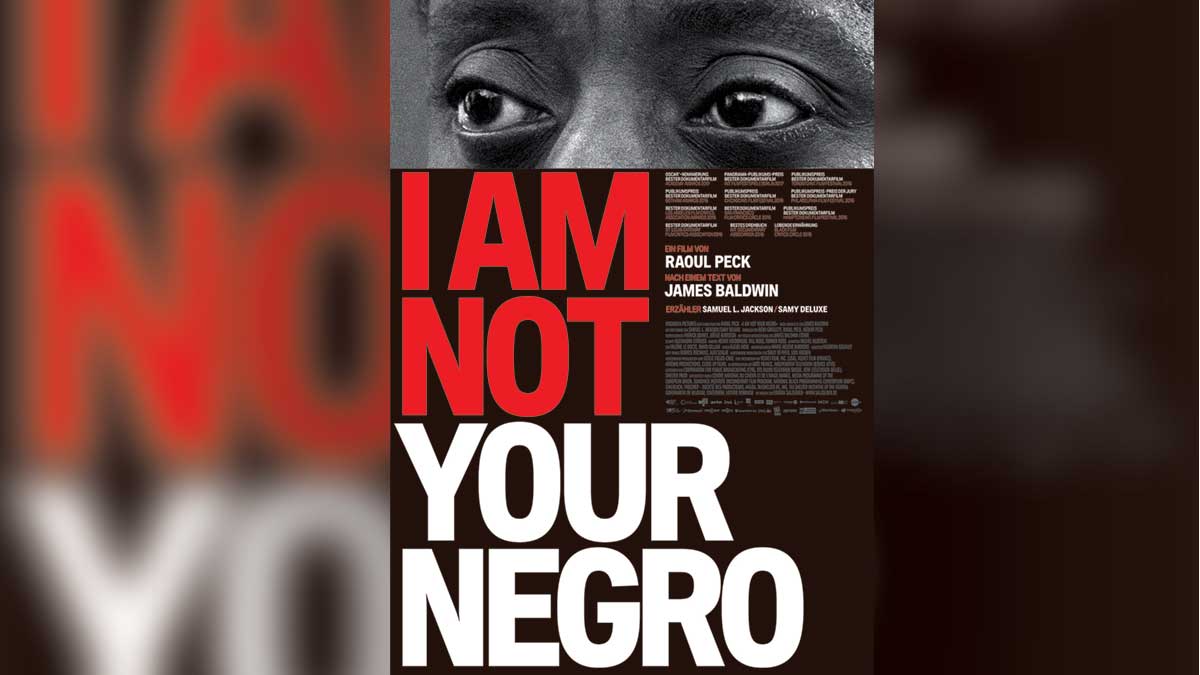
Aug. 2, 1924

Novelist, playwright, poet, essayist and social critic James Baldwin was born in Harlem, New York.
His work explored the themes of racial, sexual and class differences and discrimination in America. His 1963 book “The Fire Next Time” became a best-seller, confronting white Americans about the moral cost of racism. He is best known for his semi-autobiographical novel, “Go Tell It on the Mountain”, which examined the role of the Christian Church in the lives of Black Americans.
Active in the civil rights movement, he became friends with Medgar Evers, whom he called “a great man … a beautiful man” whom he joined in investigating the murder of a Black man by a white storekeeper in rural Mississippi, visiting people in their homes at night “behind locked doors, lights down.”
During that visit, Evers shared the story of a tree he passed every day as a boy, where a Black man had been lynched. That trip helped inspire Baldwin to write the play, “Blues for Mister Charlie”, which began with this preface: “What is ghastly and really almost hopeless in our racial situation now is that the crimes we have committed are so great and so unspeakable that the acceptance of this knowledge would lead, literally, to madness. The human being, then, in order to protect himself, closes his eyes, compulsively repeats his crimes, and enters a spiritual darkness which no one can describe.”
He became friends with Martin Luther King Jr. and Malcolm X, writing, “I watched two men coming from unimaginably different backgrounds, whose positions originally were poles apart, driven closer and closer together. By the time each died, their positions had become virtually the same position. It can be said, indeed, that Martin picked up Malcolm’s burden, articulated the vision which Malcolm had begun to see, and for which he paid with his life.”
It was Malcolm X who said organizers wouldn’t let Baldwin speak at the 1963 March on Washington because “they know Baldwin is liable to say anything.”
Although Baldwin admired Malcolm X, he said he never joined the Nation of Islam “because I did not believe that all white people were devils, and I did not want young black people to believe that. I was not a member of any Christian congregation, because I knew that they had not heard and did not live by the commandment ‘Love one another as I love you.’ And I was not a member of the NAACP, because in the north, where I grew up, the NAACP was fatally entangled with black class distinctions, or illusions of the same, which repelled a shoeshine boy like me.”
In his last days, Baldwin began writing notes for a novel to chronicle the lives of Evers, King and Malcolm X: “I want these three lives to bang against and reveal each other, as in truth they did, and use their dreadful journey as a means of instructing people whom they loved so much, who betrayed them, and for whom they gave their lives.”
He died before finishing the novel, but his words have been captured in the 2016 documentary, “I Am Not Your Negro”.

